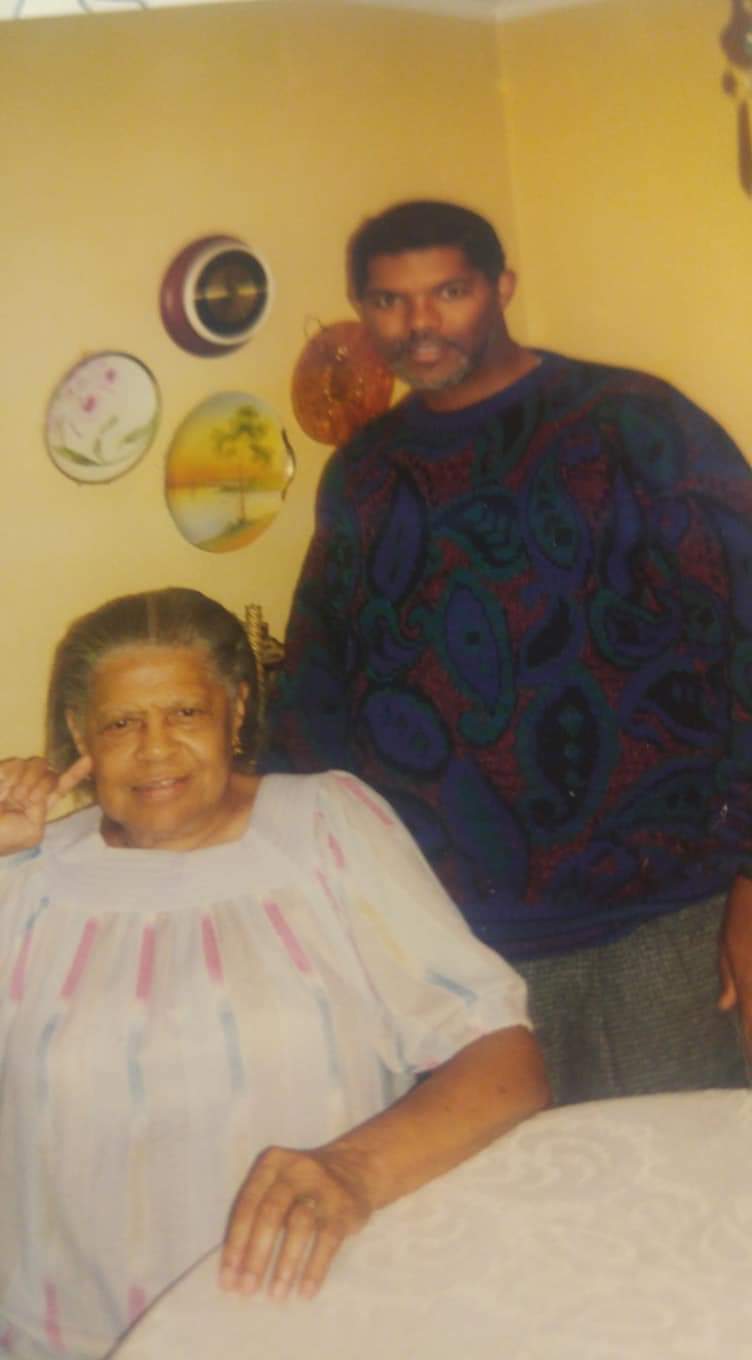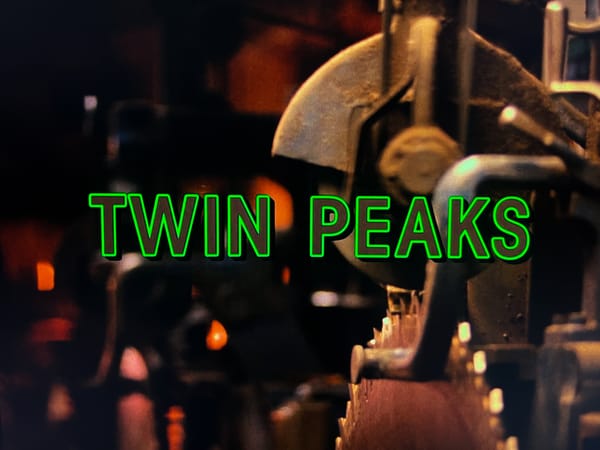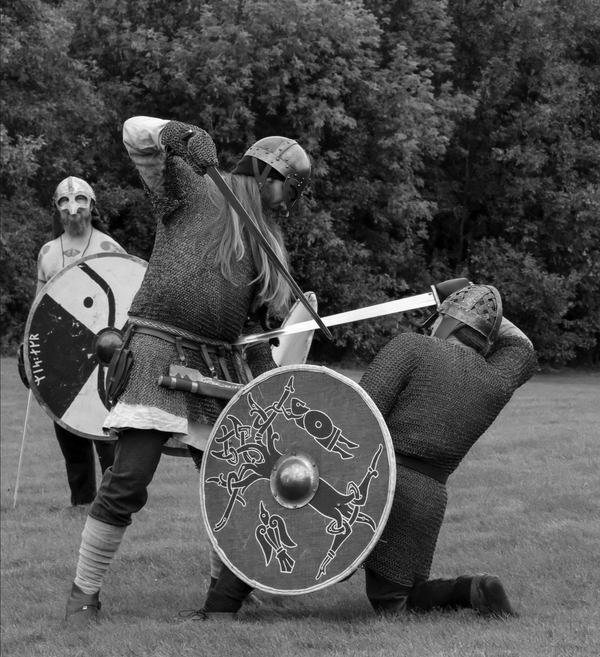Board Member Editorial: Ozzie Lee
by Miriam Brabham
Just before sunrise on July 11th, 1996 an ambulance was rushed to my grandparents’ home on New York’s Long Island.
The two-story home with a three-tiered yard sat proudly on Bird Street. My grandparents were the first black people to own their home on that street. The pride in their home was reflected in a carefully manicured lawn, protective plastic on the sofa, and a front door that was only for show.
I will never forget that day when the front door of my grandparent’s home flew open. White men in blue emergency responder uniforms stormed in carrying a long stretcher and promptly headed up the stairs to my grandmother’s bedroom. Their shoes were still on as they marched up the stairs and the screen door stood wide open in their wake. While taking in the shock of the situation this wasn’t what I found most surprising. What was most surprising, was the fact that I was witnessing this hubbub from the couch. Had I been there all night? Had I not been carried off to bed? The day had been a blur as my family had just moved the last of our belongings into my grandparents’ home less than 12 hours ago.
We had moved into their house to care for my grandmother as her health had taken an unexpected turn. There was a small throw blanket laid over my little legs and what I thought was a dream of my grandmother kissing my forehead and placing said blanket over me began to come into focus. My brother lying in front of the TV, my grandfather sitting in his favorite chair, and me lying on the couch with its crunchy plastic. I remember hearing her come down the stairs and I pretended to be asleep so she wouldn’t make me go to bed. She said something to my grandfather and then the sleep I was fighting, won.
It was the sound of a door that hadn’t been opened in 20 years springing to life that awoke me that morning, but it was the disregard for how things were done that gave way to my indignation. Ozzie Lee, wasn’t the type of woman to have things any which way in her home or life. I quickly began my protest of doors being opened, shoes in the house, and strangers seeing my grandmother in her night clothes. Soon those same white men came down the stairs with my grandmother laid on the same stretcher they had once carried tucked under their broad shoulders.
It was a rogue slipper that had been separated from my grandmother that proved too much for me to bear. My father swooped me up into his arms and my older brother grabbed his hand and the three of us walked out the front door for the first and last time.
After my grandmother’s funeral, I asked my father a question, I don’t remember the question but his answer is something I will carry with me forever. He said, “I don’t know Mim, this is why it is so important we ask people these questions when they are alive, why we shouldn’t take anyone for granted because you never know how long you have with someone and if you don’t ask them, the answer dies with them.”
My father always spoke to me as if I were already grown, he never believed any concept, term, or idea was beyond my ability to understand. While his faith in me made for some frustrating evenings over an encyclopedia (prehistoric Google, Gen Z ask your parents), it empowered me to get to know my parents. I have asked so many questions of my parents, and I have left almost no stone unturned. Later on, in my quest for knowledge, I learned that there are some things that should go to the grave with a person. I have learned so much about my parents, their lives, hopes, dreams and I can honestly say I really know them and, I like them as people.
As I write this story, I feel the call of tears for the loss of my grandmother even though decades have passed. Reflecting on what is brought up for me, I am not just mourning not getting to know my grandmother very well, but also, how she didn’t get to know me. My grandmother who worked so hard and was denied so much didn’t get to see what I have become all that I was able to do because of her and on behalf of her.
As a storyteller, I often bear witness and recreate the scene for those who weren’t there. I find comfort in reciting the minor details and giving a precious memory a second life. It was my mother who reminded me that memory is the person, what they meant to the world, what they left behind, and their impact. Storytelling does more than allow someone to remember, they can relive those moments and give life to those who were lost, who are now found in new memories. It is easy to forget ourselves or our role in the stories we tell while setting the scene and recreating. As storytellers, we play a vital role in the human experience, and our observations are so often outside of ourselves. This story is so you may know me, so I may be known, so that not all of my stories accompany me to the grave.
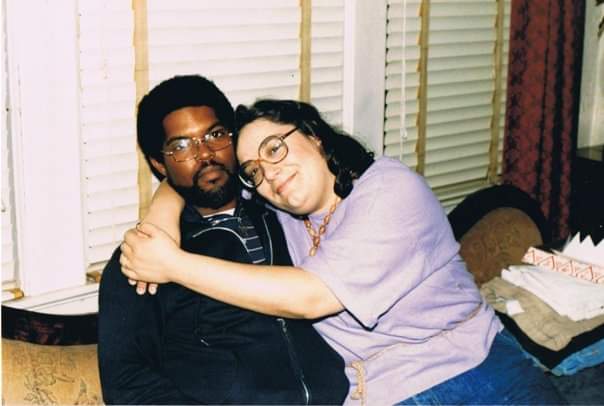
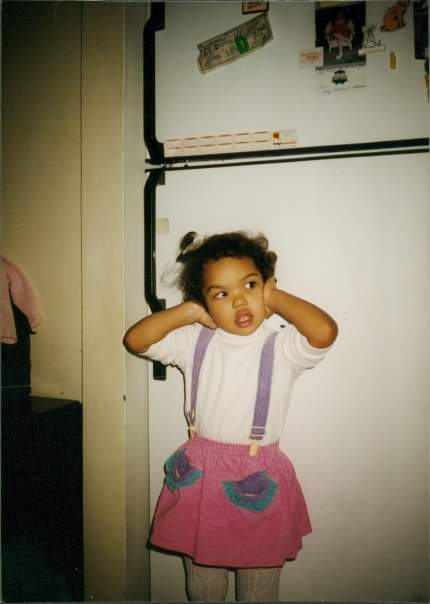
Miriam Brabham of Green Bay, Wisconsin is a Multicultural Student Success Manager at the University of Wisconsin- Green Bay. Brabham is also a co-host for “The Biracial Effect,” a podcast about the Biracial Experience in the United States.

